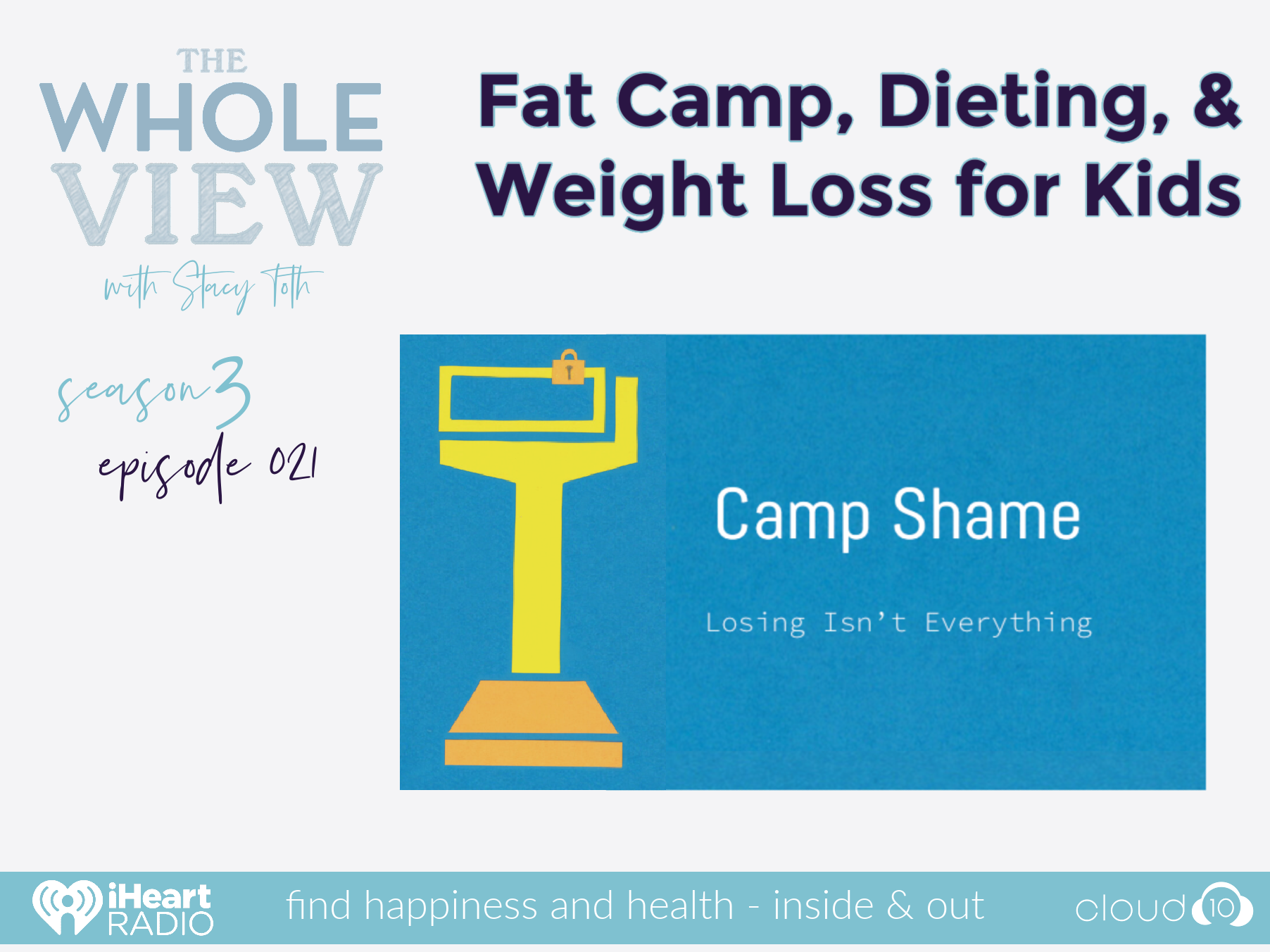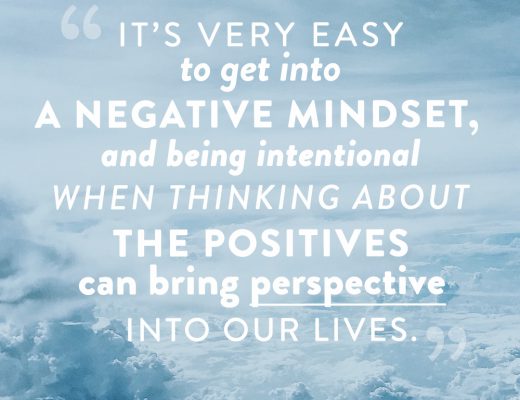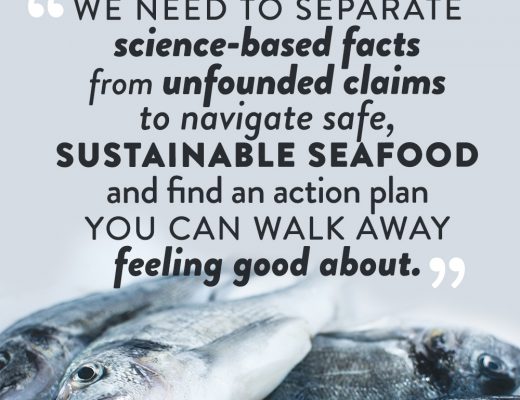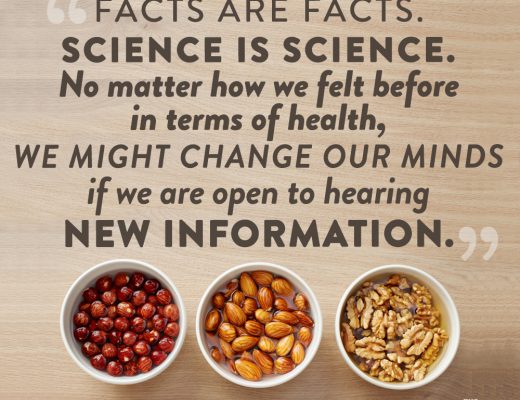Welcome Kelsey Snelling to the Whole View! This week, Stacy and Kelsey dive into their experiences at Camp Shane, Kelsey’s documentary on the camp, and weight loss for kids. Both share their experiences (Stacy as a camper and Kelsey as a counselor) and dive deep into how this detrimentally altered the course of their lives. Join us for an inside look into “Camp Shame” in this emotion-packed two-part episode!

Find Kelsey:
If you enjoy the show, please leave a review. Letting people know on iTunes or however you listen that it’s worth their time could change someone’s life!
Key Takeaways
Introductions
- Before we get started, a reminder: this podcast is for general educational purposes. We always suggest seeking appropriate treatment with licensed professionals accordingly.
- Stacy also warns listeners that this show will discuss triggering topics such as eating disorders, weight loss for kids, sexual assault, coercion with caretakers, addiction, self-harm, public humiliation, and weigh-ins. Sorry-not-sorry for the pun; the subjects are HEAVY. The good news is that both Kelsey and Stacy have made tremendous emotional progress and are happy, adjusted adults.
Kelsey’s Project
- Kelsey is working on a documentary about Camp Shane (aka “Camp Shame”) that chronicles her experiences and those of others involved in the program.
- Heavyweights didn’t lie to you—fat camp is real! If losing weight and making memories in a judgment-free bubble sounds like a dream come true, think again.
- Beyond bonfires and friendship bracelets is a lucrative underworld of disordered eating, exploitation, and abuse. Camp Shame is a feature-length documentary exploring the sinister universe of fat camps, diet culture, and the vulnerability of overweight children.
- The fat camp model is straightforward: restrict food intake and increase energy output in a controlled and monitored environment. The formula is simple, but the reality of weight loss is far more complex.
Fat Camp & Weight Loss for Kids
- For very (VERY) few, losing weight is medically necessary. For most, slimming down is an arbitrary and unsustainable goal. Yet the diet industry, the fat camp industry, and our culture at large have adopted damaging and counter-productive methods of controlling body size:
- Body-shaming
- Equating food with morality
- Using weight as a metric of health
- Positioning body shape and size as the key to success and happiness
- At fat camp, shame is often weaponized to motivate rapid weight loss rather than enforce a healthy and holistic approach. Data shows that the damage caused by yo-yo diets, eating disorders, and fat stigma is worse than the physical effects of being “overweight.” Forcing kids to obsess over their bodies can lead to psychological harm and self-loathing, making them easy targets for further abuse.
- Not to mention more than 95% of diets fail.
Relevance
- The high and consistent attendance of fat camps reflects our cultural weight obsession: we devalue people in large bodies, damage our fragile children in the name of vanity, and prioritize thinness above happiness and health. When diet culture attacks the self-worth of our impressionable kids, we open them to deep cycles of suffering.
- The Body Positivity Movement has exploded with momentum in the last five years. The Me Too Movement has empowered victims to speak up against assault and harassment. The BLM Movement has brought into question the systemic mistreatment of disenfranchised groups. Despite this social progress, fat camps are still not questioned.
Kelsey’s Documentary
- Kelsey’s project aims to change the culture around weight, stigma, and health, as well as educate the public on how to discuss and dismantle fatphobia in the world around us. We want all kids to feel free in their bodies and to have a positive relationship with the food that fuels them.
- Stories about weight loss rarely include nuance around oppression, power dynamics, and the diet language that dictates so much of our society. This film tackles it all, which is necessary in creating a just and equal world free of the weight of shame.
Stacy’s Journey
- Stacy was a camper. She went the summer after 7th and 8th grades (12 and 13 years old). It’s been nearly 30 years! Reading the Bloomberg article was like reading her own story through others’ voices. She didn’t realize her own lived experience was a common one.
- It was her first time away from home, and it was ALL summer, several states away. Her parents didn’t come to visitation weekend because of the distance, and campers had limited access to home. She remembers calling her mom from a payphone, sobbing so hysterically that she and her mom couldn’t have a conversation.
Camp Structure
- The camp was structured around many exercises, similar to The Biggest Loser. Constant, all-day activities were fueled by foods that made no sense: a baked potato smothered in cheese sauce. The dining hall was at the bottom of a VERY steep hill, so after you ate, you felt physically ill.
- There were no trained health professionals and no one on staff that Stacy knew of for mental or physical wellness other than the person who weighed them in (in front of everyone) each week.
- The counselors were not equipped to handle the social, emotional, or physical needs of the extreme needs of children going through the trauma of weight loss for kids.
Healthcare in Camp
- They also did not have anyone on staff adequately addressing health. The considerations of hormone disruption from the extremities put on young bodies were not considered or monitored.
- Stacy remembers getting very sick and not being taken seriously because it was assumed she was faking it to get out of exercise. When she was taken to a medical professional, her bronchitis had turned into walking pneumonia, and she cracked a rib coughing in the infirmary.
The “Real” World
- Campers were NOT set up for success back “in the real world,” even less so than Biggest Loser contestants, who also nearly all gain back their weight. In Camp Shame’s case, they want campers to return because weight loss for kids was incredibly lucrative.
- Stacy would return from camp, and people would be nicer and friendlier. Strangers would look her in the eye and hold doors open for her. She got attention from boys. Friends and family bragged about her and showered her with compliments. That’s when she realized how terrible her previous treatment was.
- We cannot lead our children to believe that weight measures their worth. When we pressure our children to LOOK a certain way, they learn that is what matters, not true health or happiness.
- Fatphobia drives us to focus on weight. If we truly want to help kids, we need to:
- build their confidence and self-esteem,
- teach them to love and cook with real food,
- celebrate body diversity, and
- be active with them.
Kelsey’s Story
- Kelsey was 20 years old, turned 21 on the day the campers arrived (no alcohol, no cake!), and knew something was wrong right away when she had one camper have a complete panic attack. She assured her everything would be okay, and it’s something she regrets terribly to this day.
- Food was insufficient, exercise was unrealistic, many kids were not heavy, there was no support for staff, and people quit daily. Kelsey felt like whether these kids lived or died depended on her staying.
- She and other counselors would go into town and binge eat. Kelsey even had a breakdown alone eating fast food partway through the summer.
Want More? Have Questions?
Want more? Come join the Patreon community! You can support The Whole View podcast and hear what Stacy and her guests really think about the topic in this week’s exclusive and uncensored behind-the-scenes bonus audio. We love connecting with our Patrons! It’s a direct line to submit your questions for upcoming shows. You also get access to some additional cool features like Q&As, voting on show topics and guests, and a quarterly exclusive commercial-free episode.
Sources
- https://www.instagram.com/p/B1OscG3HUZK/
- https://www.bloomberg.com/news/features/2021-08-26/famous-weight-loss-program-camp-shane-s-epic-succession-drama
- https://www.mentalhealth.org.uk/explore-mental-health/a-z-topics/physical-health-and-mental-health
- https://www.nghs.com/2021/05/07/4-surprising-ways-mental-health-impacts-physical-health
- -Abby Ellin, author of Teenage Waistland
- Teenage Waistland by Abby Ellin
- The Body is Not an Apology by Sonya Renee Taylor
- Anti-Diet by Christy Harrison
- The Body Project by Joan Jacobs Brumberg
- Fearing the Black Body: The Racial Origins of Fat Phobia by Sabrina Strings
- Rethinking Thin by Gina Kolata
- Moose: a memoir by Stephanie Klein
Products & Sponsors
- Vegamour.com/wholeview
- Code WHOLEVIEW for 20% off your first order
- Beautycounter.com/stacytoth
- 30% off with code CLEANFORALL30
Want more info on our Real Life? Healthy recipes, parenting tips, and general lifestyle stuff goes out in our Real Everything newsletter, join here.
Never want to miss a post, sale, or deal? Join my Healthy Inside & Out e-mail list for more info on non-toxic living and safer skincare!
Note: Stacy and her guests are not medical professionals. This podcast is for general educational purposes and NOT intended to diagnose, advise, or treat any physical or mental illness. We always recommend you consult a licensed service provider.




